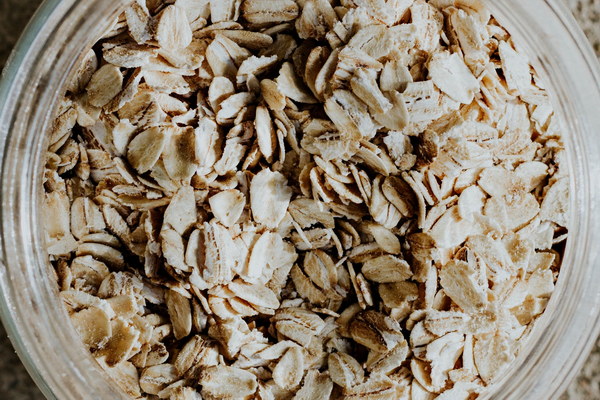BoostingProgesterone Levels A Comprehensive Guide to Dietary Supplements for Luteal Phase Deficiency
Luteal phase deficiency (LPD) is a common hormonal imbalance that can affect fertility and menstrual regularity. One of the primary causes of LPD is a deficiency in progesterone, a crucial hormone that plays a vital role in the menstrual cycle and pregnancy. This article aims to provide a comprehensive guide to dietary supplements that can help boost progesterone levels, thereby improving fertility and menstrual health.
1. Introduction to Progesterone and Luteal Phase Deficiency
Progesterone is a hormone produced by the corpus luteum, which forms in the ovary after ovulation. It is responsible for preparing the uterus for implantation and supporting early pregnancy. A deficiency in progesterone can lead to various reproductive issues, including irregular menstrual cycles, implantation failure, and miscarriage.
2. Dietary Supplements for Boosting Progesterone Levels
a. Vitamin B6: Vitamin B6, also known as pyridoxine, plays a crucial role in the synthesis of progesterone. Foods rich in vitamin B6 include bananas, potatoes, avocados, and nuts. Taking a vitamin B6 supplement can help boost progesterone levels and improve fertility.
b. Vitamin E: Vitamin E is an antioxidant that can help protect the corpus luteum and enhance progesterone production. Foods rich in vitamin E include almonds, sunflower seeds, spinach, and avocados. Vitamin E supplements can also be beneficial.
c. Selenium: Selenium is a trace mineral that is essential for the proper functioning of the immune system and thyroid, which can influence progesterone levels. Selenium-rich foods include Brazil nuts, fish, and whole grains. Selenium supplements may be helpful, but it's important to consult a healthcare professional before taking them.
d. Flaxseeds: Flaxseeds are an excellent source of lignans, plant estrogens that can mimic the effects of estrogen and progesterone. They can help balance hormone levels and improve fertility. Ground flaxseeds can be sprinkled on salads, yogurt, or smoothies.
e. Chasteberry (Vitex agnus-castus): Chasteberry is an herbal supplement that has been shown to help regulate the menstrual cycle and improve progesterone levels. It works by stimulating the pituitary gland to produce more luteinizing hormone (LH), which in turn stimulates the production of progesterone. Chasteberry is typically taken as a capsule or tincture.
f. DHEA (Dehydroepiandrosterone): DHEA is a hormone produced by the adrenal glands that can be converted into both estrogen and progesterone. DHEA supplements may help boost progesterone levels, particularly in women with low levels of this hormone. However, DHEA supplements are not recommended for everyone, so it's essential to consult a healthcare professional before taking them.
3. Lifestyle Factors to Consider

a. Regular Exercise: Regular physical activity can help regulate hormone levels and improve overall fertility. However, excessive exercise can lead to hormonal imbalances, so it's essential to find a balance that works for you.
b. Stress Management: Chronic stress can lead to hormonal imbalances, including a deficiency in progesterone. Techniques such as meditation, deep breathing, and yoga can help manage stress levels.
c. Sleep: Adequate sleep is crucial for hormonal balance. Ensure you get 7-9 hours of sleep per night to support healthy progesterone levels.
4. Conclusion
A deficiency in progesterone can lead to various reproductive issues, including LPD. By incorporating dietary supplements that boost progesterone levels, along with a healthy lifestyle, women can improve their fertility and menstrual health. However, it's essential to consult a healthcare professional before starting any new supplement or treatment regimen to ensure it's safe and appropriate for your individual needs.








